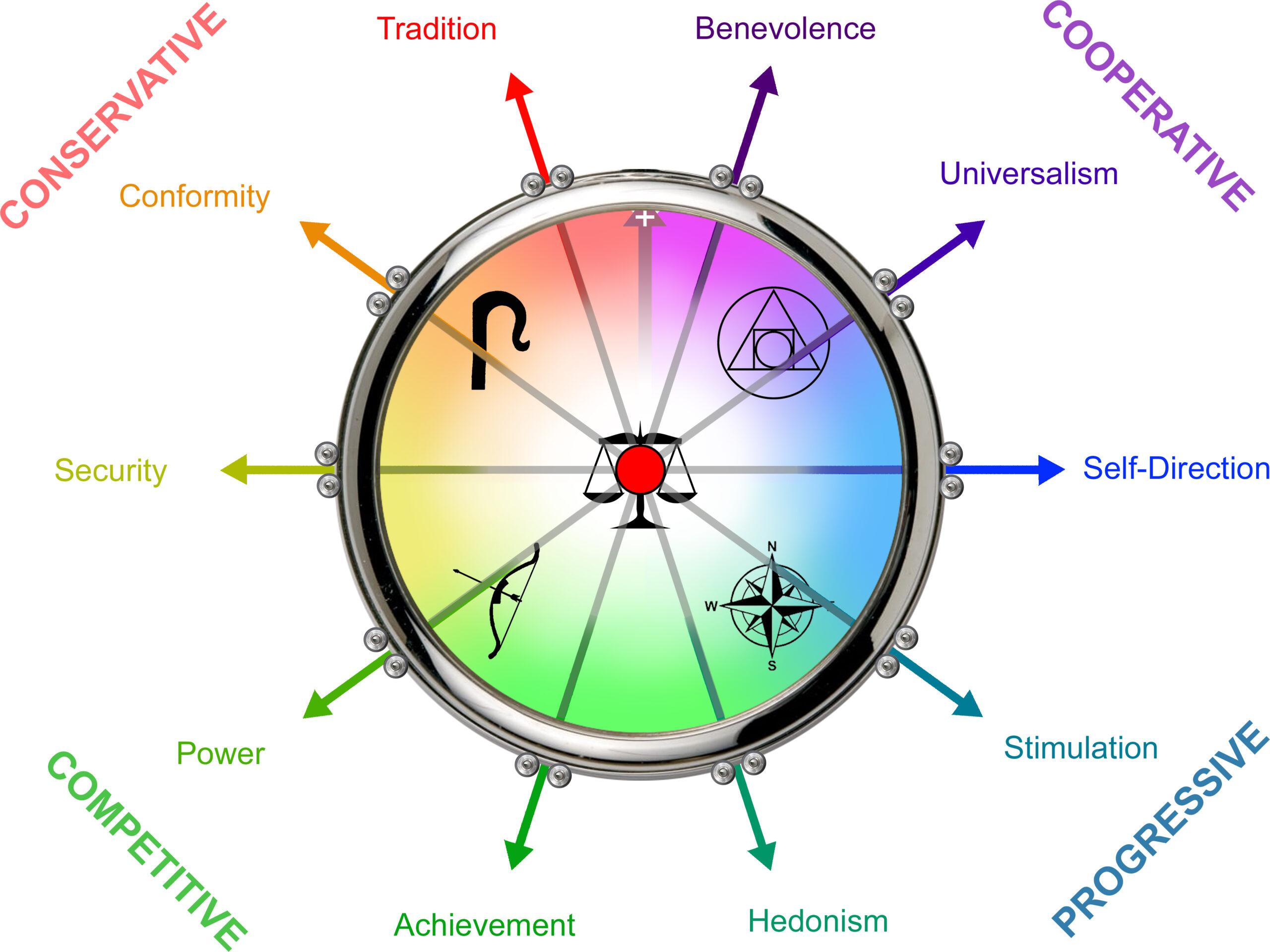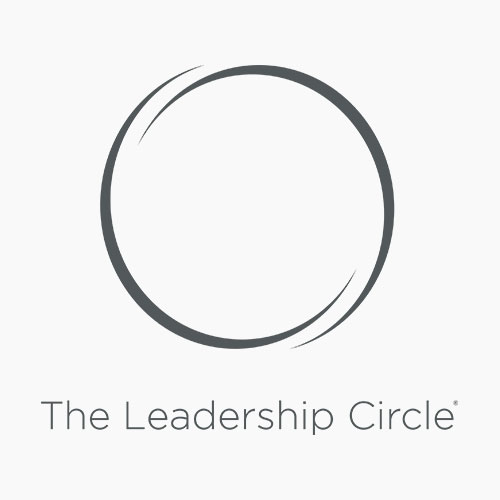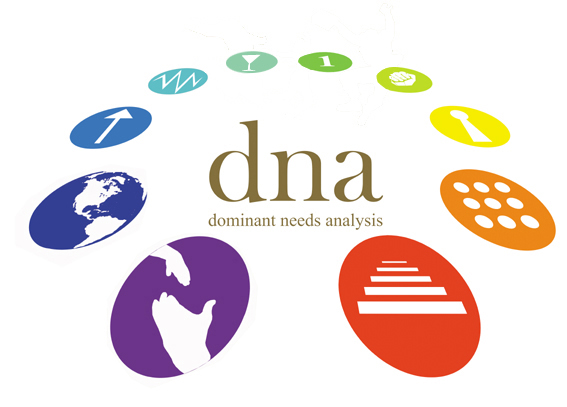Leadership

If one is fond of gross simplifications, there are two types of leader: transformational and transactional. One can associate servant leadership and agile leadership with the former and command and control leadership with the latter. Each has their advantages, but increasingly, as the pace of change increases, only transformational leadership will do. In the VUCA world, the more the qualities associated with transformational leadership are developed across an organisation, the more successful it will be.
Transformational leadership is a concept that developed in stages in the late 20th century, and is attributed to Bernard Bass. However, its foundations lie in the ideals of Maslow's Eupsychian Management: management in accordance with self-actualizing principles - i.e. based on the values of benevolence, universalism and self-direction.
When life was more settled, when the pace of technological and social change was slower, transactional leadership often had a competitive advantage. In predictable environments, where the same challenges present themselves again and again and solutions are simple, it may be more efficient for one person to make key decisions and for everyone else to step in line. That's not the VUCA world. In the VUCA world the challenges are too diverse and come too quickly. Everyone needs to step up, take the intitiative, share knowledge and skills, work cooperatively and creatively, encouraging and challenging each other in equal measure so as to raise the performance of every individual in every department across whole organizations. To do this effectively requires: the curiosity and independence associated with the value of self-direction, the willingness to engage with, learn from and assist others regardless of their status that we associate with the value of universalism, and the honesty and helpfulness associated with benevolence. It is easy to pay lip service to such attributes, but those of us driven more by the competitive, transactional values of power and achievement find it more challenging to walk the talk - power inclines us toward taking control, playing politics and not admitting to (let alone learning from) mistakes, and achievement makes us want to be the winner, to set and hit endless short-term, narrowly defined targets, and to be seen to be making more progress than others. In the VUCA world, the short-term, narrowly framed approaches encouraged by competitive values place organizations at a competitive disadvantage. This is largely because there is less time in which to make gains before long-term costs come home to roost: costs arising from strategies that failed to account for longer term trends and wider systemic consequences.
We don't rely on psychometrics to deliver effective leadership coaching, largely because the aims of a good coach and the interventions available to us are broadly aligned with and sympathetic to the structure of our value system that underpins DNA. Every intervention effectively seeks to develop attributes associated with higher values and place less reliance on those associated with lower values. However, a DNA personal values profile can greatly accelerate the process and help identify any particular issues.
Another intervention that may be of use is a Leadership Circle 360 report. This can be used to gather quite detailed information from an individual, their reports and line managers as to their perceived capabilities and competencies for effective leadership in the VUCA world, and from this compile a coherant picture that is sympathetic to the structure of our value systems and the concepts of transacformational and transactional leadership. The link below will take you to the Leadership Circle website.
If You Have Any Questions
Feel free to call Jane on
07894 082992
We are always interested to learn what other organisations are doing and explore how we might be able to help.

